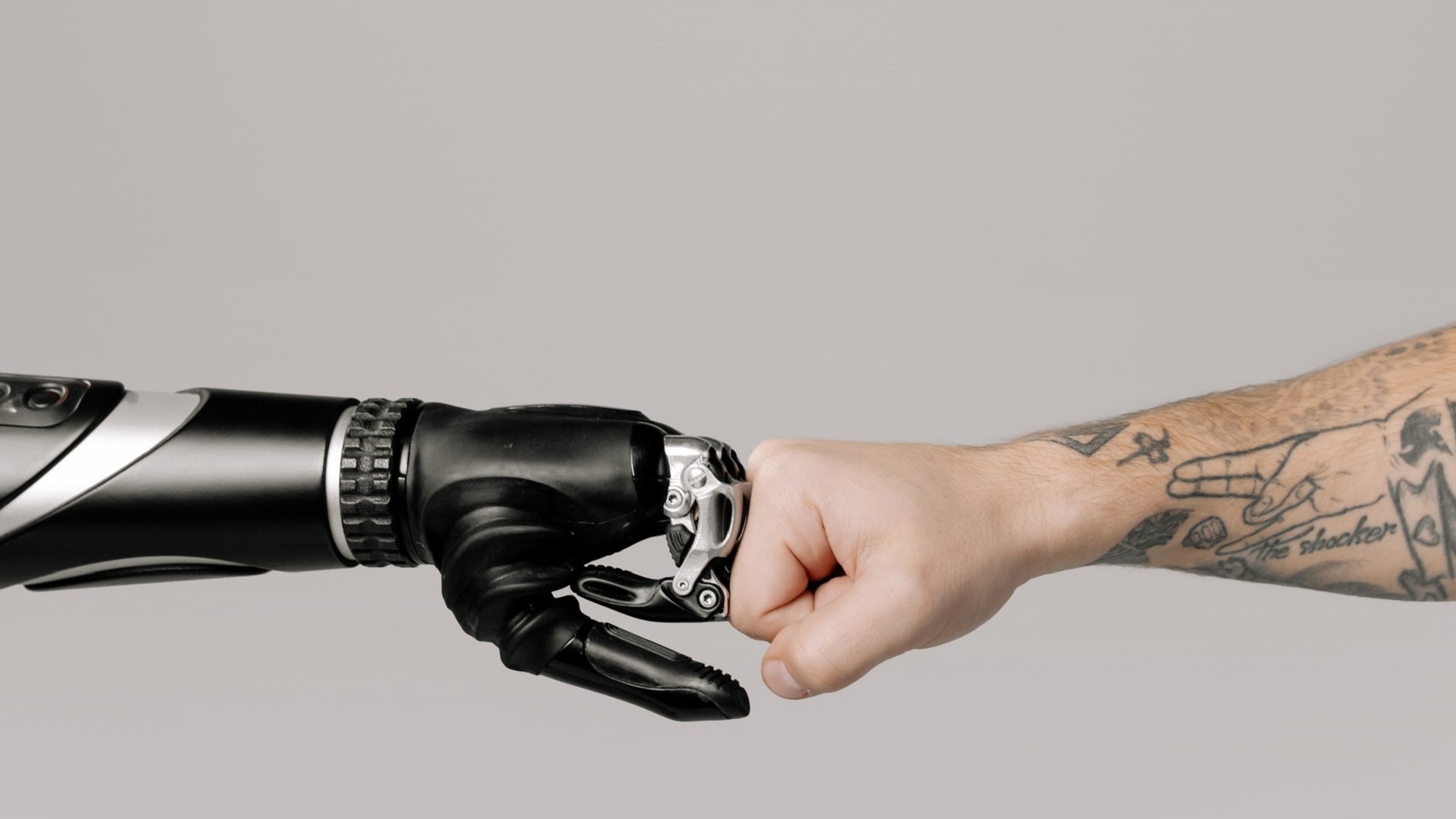New YouGov findings (via City AM (opens in new tab)), almost half (44%) of C-suite executives reckon AI could replace human jobs.
The study of more than 1,000 business decision makers focused on the productivity benefits, whereby workers can free up more of their time to focus on what matters, however concerns have been risen globally about the negative impacts on jobs.
Another study of 14,000 employees and business leaders across 17 countries by Oracle found that seven in 10 leaders would prefer robots or AI to handle the decision making process, so what exactly does the future hold for our jobs?
Will AI take my job?
Speaking to City AM, one legal expert described the transition as the evolution of our jobs rather than total elimination. Workers will be able to leverage more tools and shift their focus, rewriting what many careers mean entirely.
Arguably one of AI’s most powerful capabilities is to be able to handle large amounts of data. With a huge majority (92%) of Oracle’s respondents claiming that excess data is complicating decision making, it seems that AI writers like ChatGPT could be best suited to automations, processing, and reporting, thus presenting no threat to the soft skills that only human workers can offer.
Even so, that hasn’t stopped Tesla and Twitter CEO and AI-aficionado Elon Musk, along with Apple co-founder Steve Wozniak and many more, from signing a letter demanding a six-month stop on the development of AI systems as the world reconvenes and reasseses, ahead of a potentially “out-of-control race to develop and deploy ever more powerful digital minds that no one – not even their creators – can understand, predict, or reliably control.”
Frankly, artificial intelligence trained on large language models is an incredibly powerful weapon against some of the challenges businesses face each day, but a human’s touch is irreplaceable leaving workers facing more of a shift than a total threat.
Via City AM (opens in new tab)





